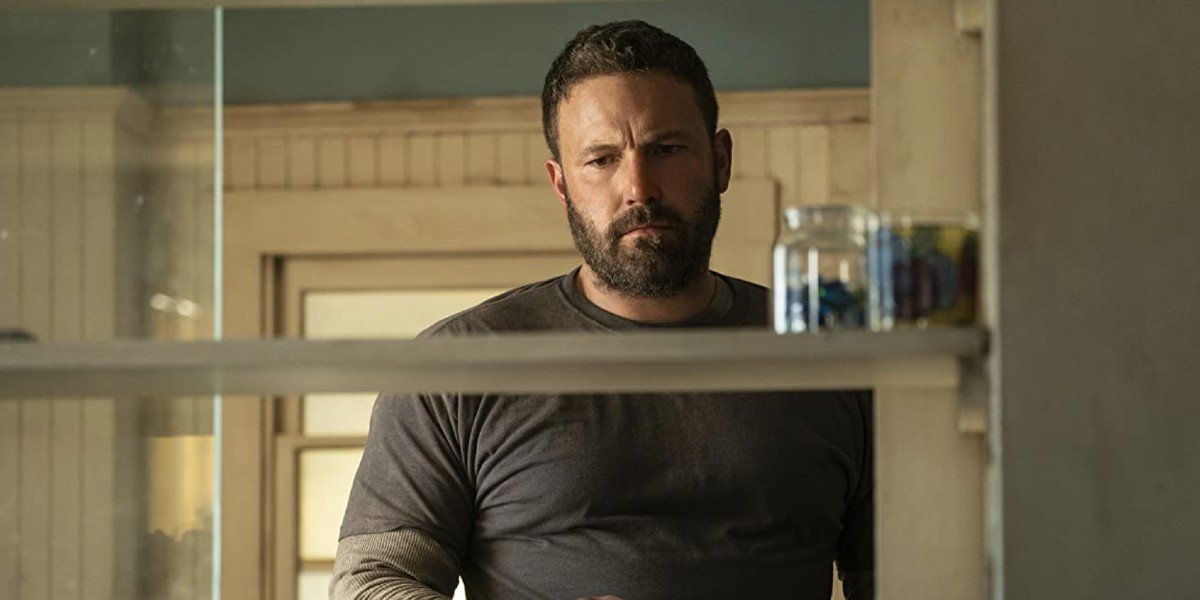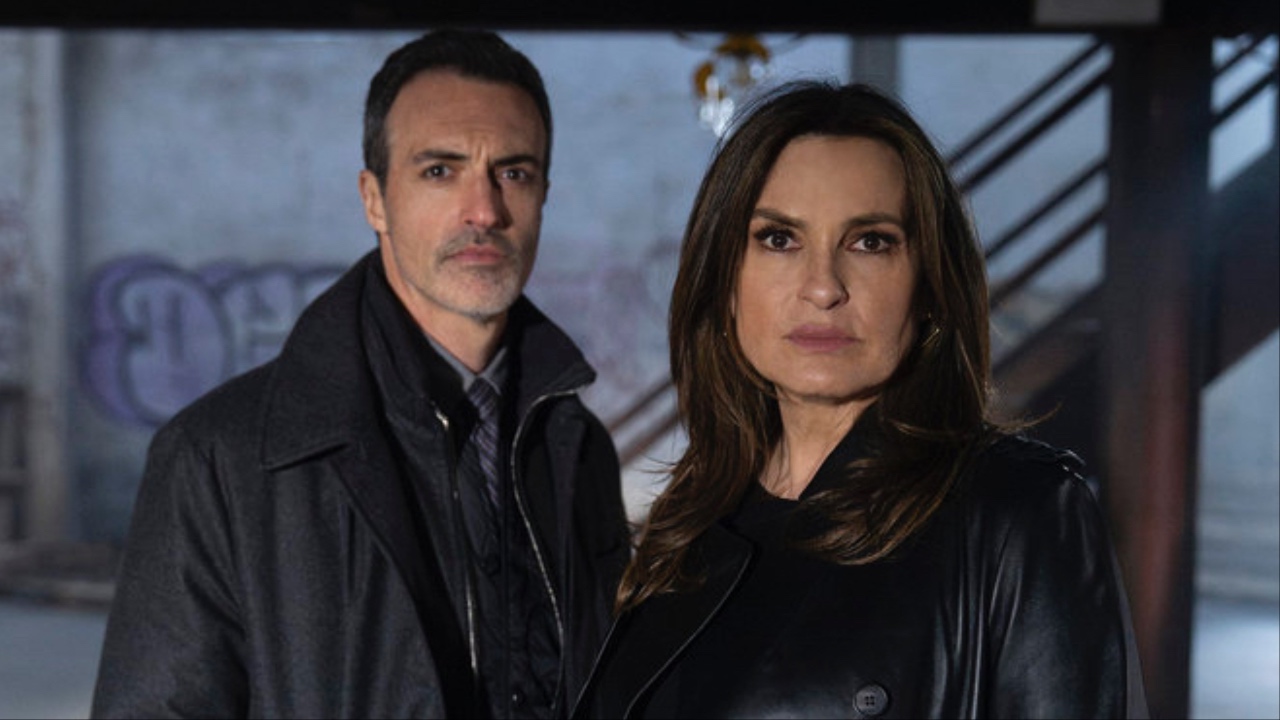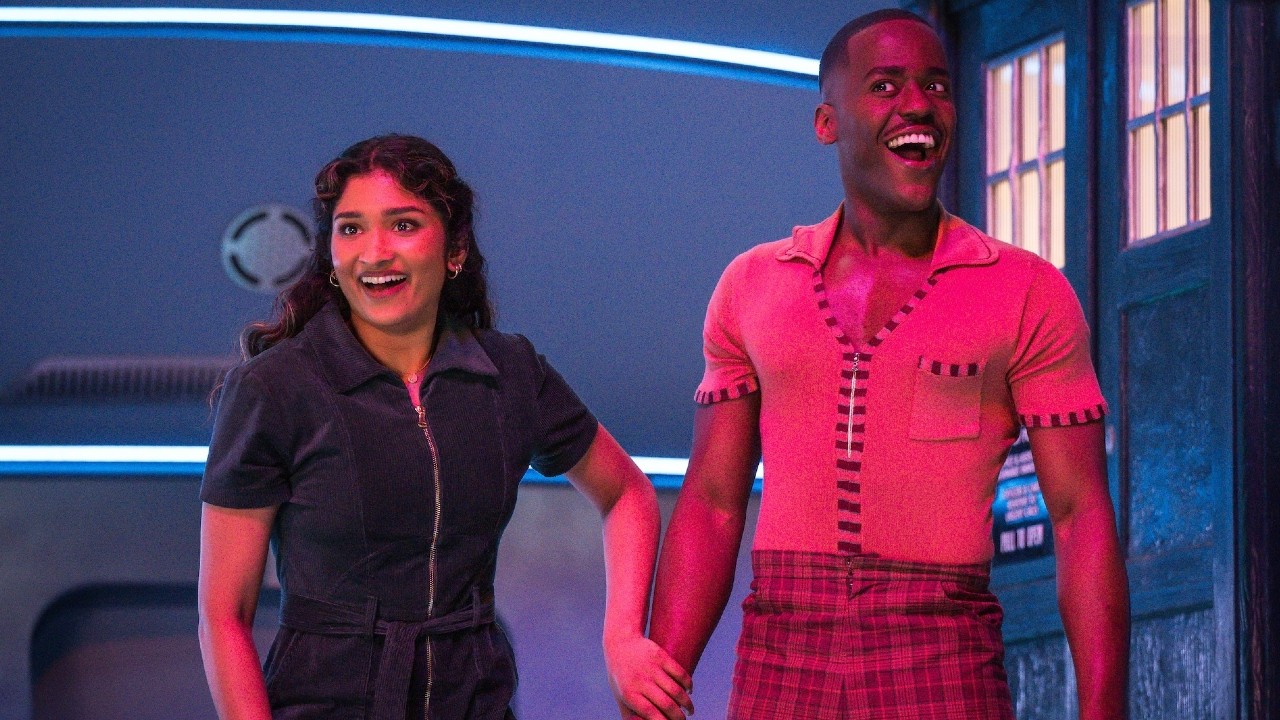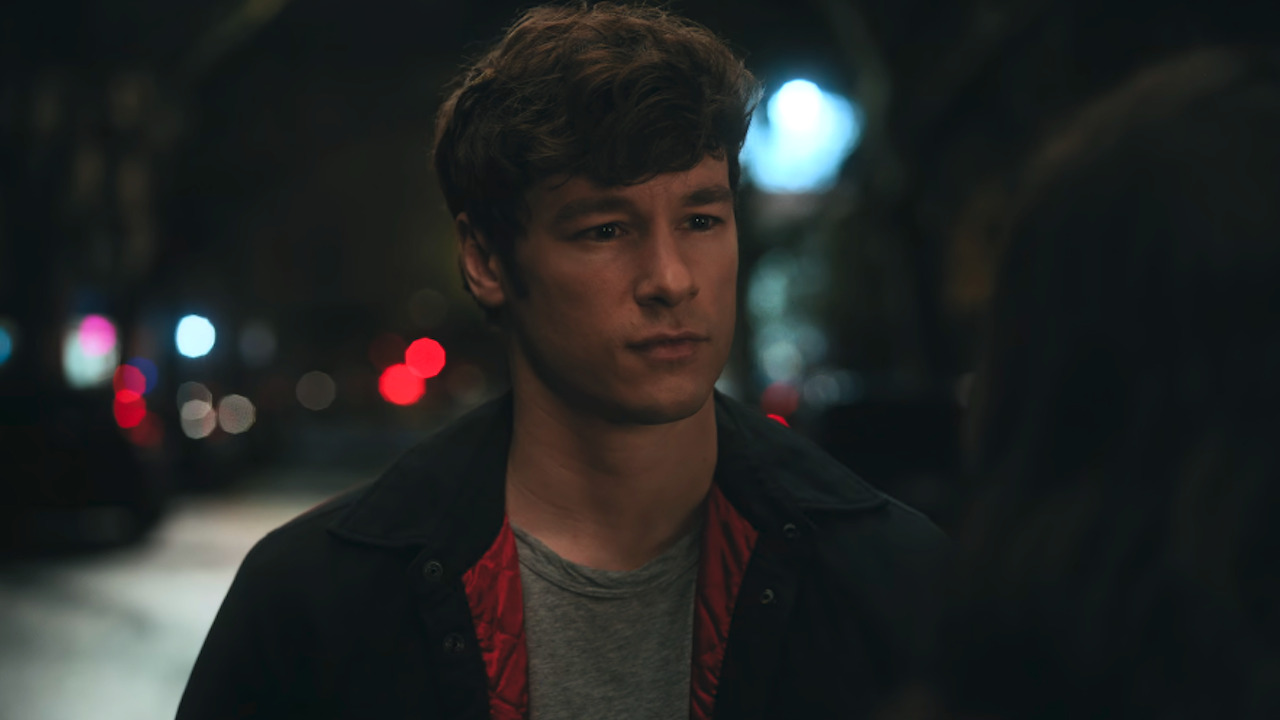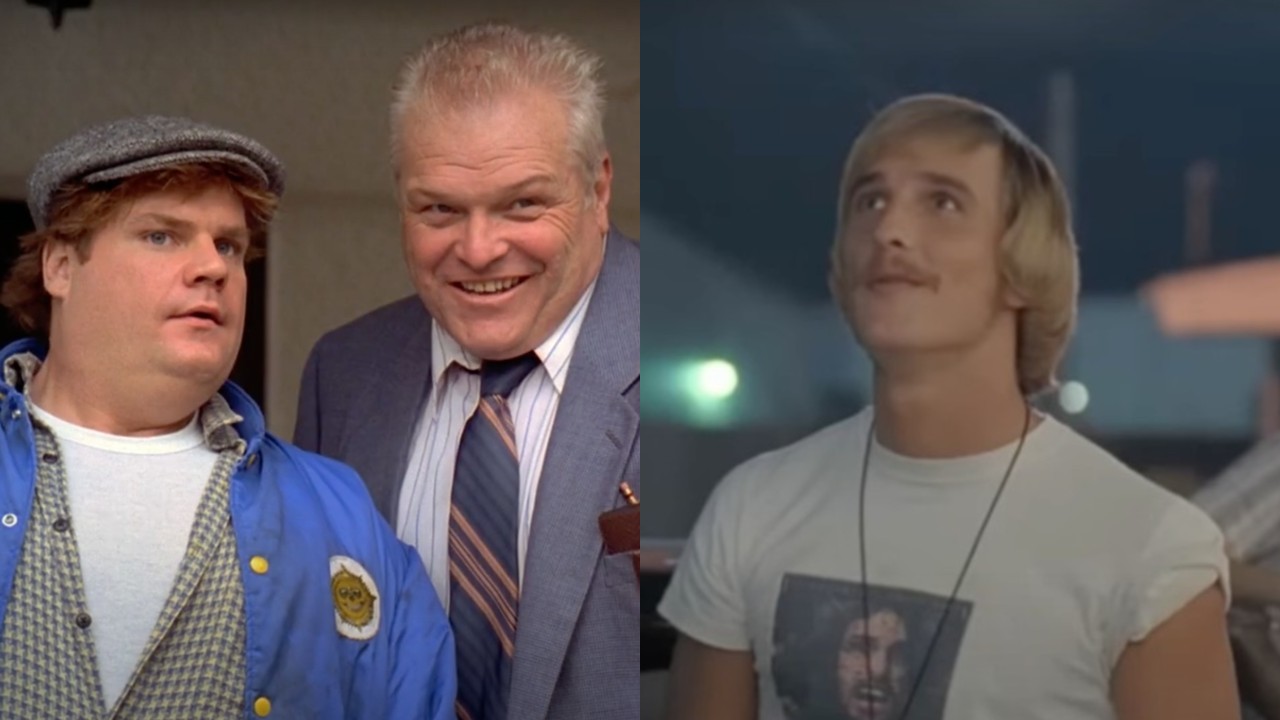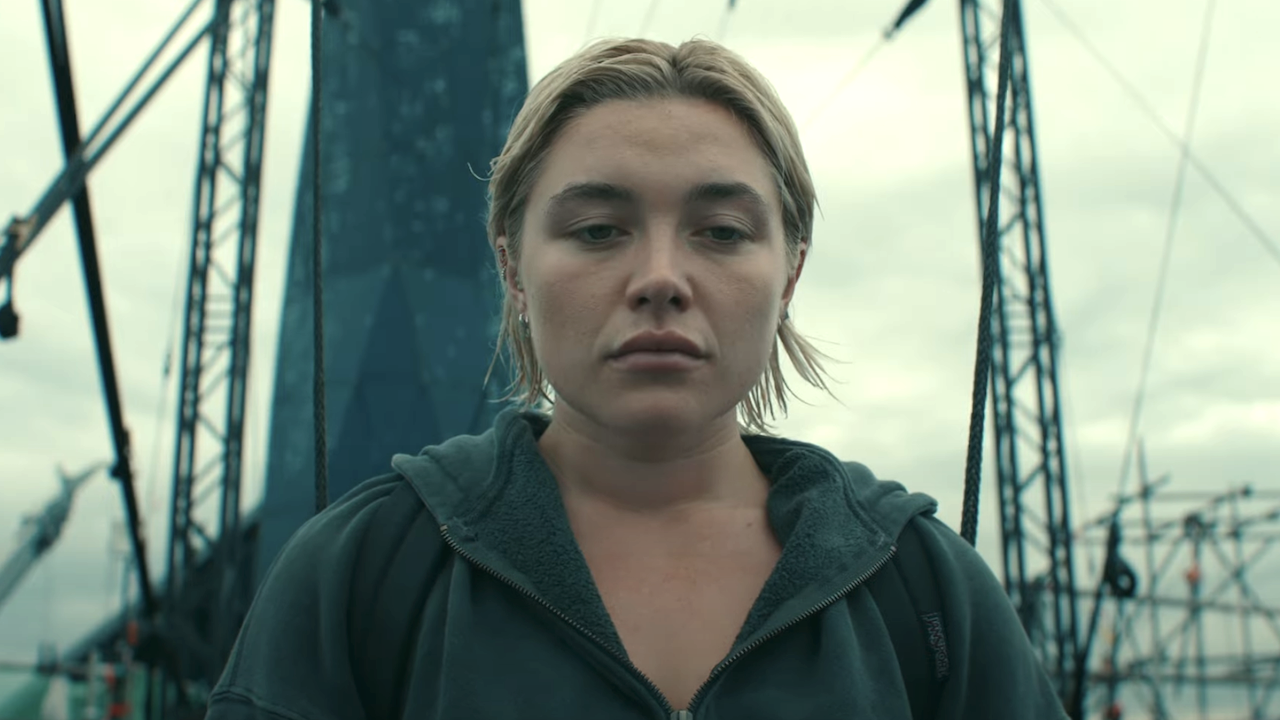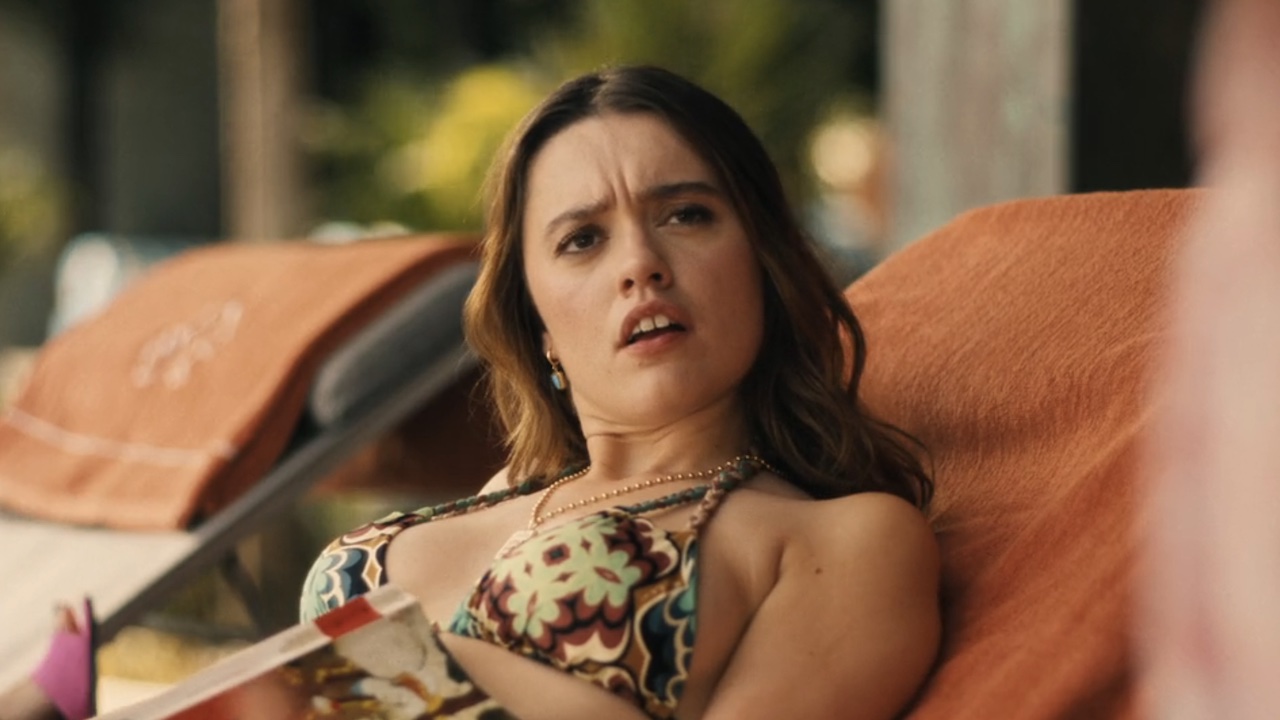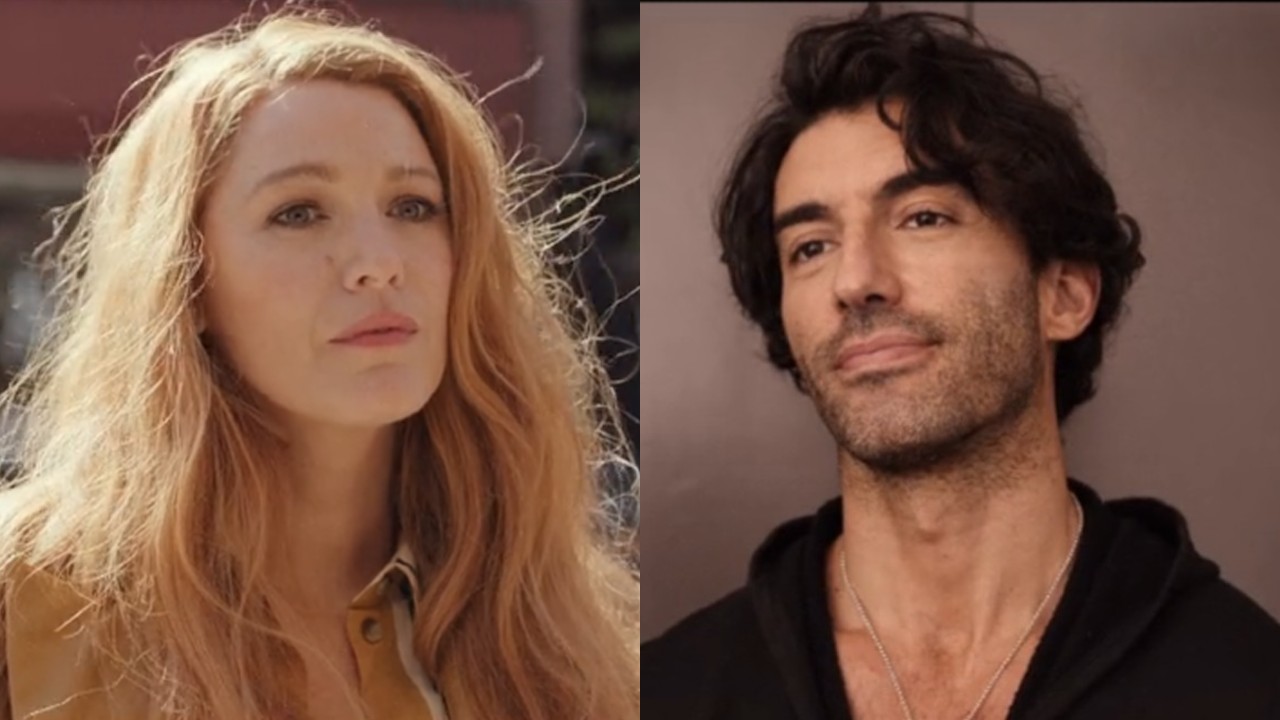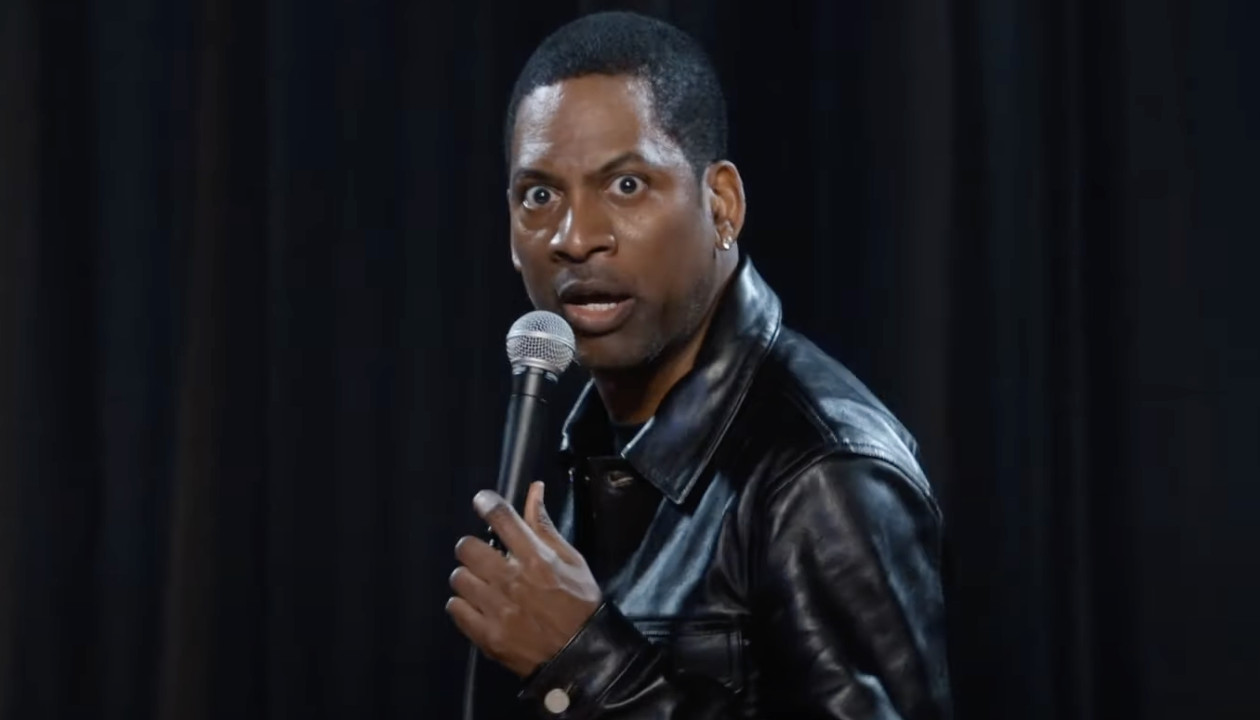How The Movie Theater Business Model Could Change If More Studios Shift To Streaming
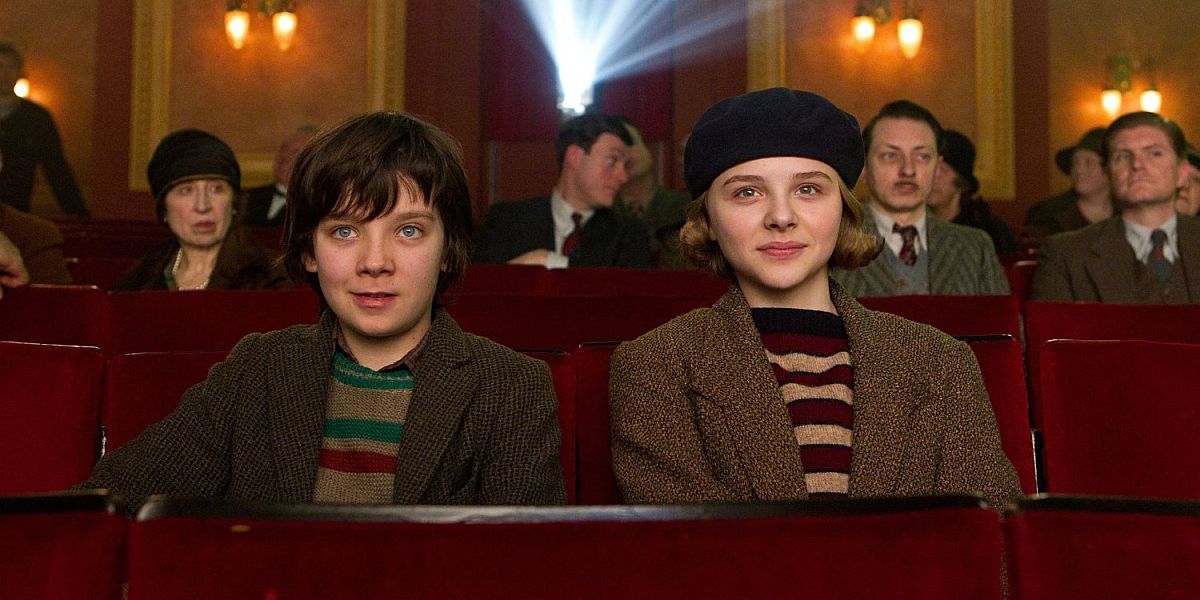
The movie industry was just rocked by the announcement from Warner Bros. that Wonder Woman 1984 will not be the studio's only major release to open on HBO Max and in theaters at the same time. In fact, the studio's entire slate of films currently set to open in 2021 will do the same. That means that major productions like Dune, In the Heights and The Suicide Squad will be available to subscribers of the relatively new streaming service without leaving home at the same time they hit theaters.
While WB is currently the only studio to be quite so aggressive, Universal already had a deal in place with major theatrical chains like AMC and Cinemark that would see movies shift to home viewing barely more than two weeks after their theatrical debut. And Disney has restructured its entire production pipeline to make streaming a key part of that plan. And now that the dam has been broken by WB, we could very easily see other studios following suit and doing exactly what that studio has done here.
This all certainly means major changes in the way that studios do business, but it could fundamentally change the entire theatrical exhibition industry. Without the exclusivity that theaters have always had, what are they going to do that will continue to keep the business viable? At this point, it's far too early to tell if the business will truly need to make a drastic change, but if it does, here are a few ways that it could.

Going To The Theater Could Become Like Going To The Theater
The movie theater has always been a casual place in modern America. While people may have dressed up to go to the movie palaces of old, that rarely happens anymore. But could it happen again? It seems unlikely that brand new movies will completely cease to be presented on the big screen, but there just won't be a need to see them that way, even if you want to be among the first to do so. This means that actually deciding to go out to the movie theater could become a much rarer choice for a night out, and perhaps it could also become a more formal one.
If you were somebody that went to the movies a couple times a month before all this insanity, then maybe now it's more like something you'll do a couple times a year. It's a special night out, and so you get dressed up to go out with your significant other or your friends. Honestly, tickets will probably become even more expensive in this case, but that's all the more reason to get the most out of your night. Going to the movies becomes an experience not unlike going to live theater. It's a truly special occasion, with the price tag to match.
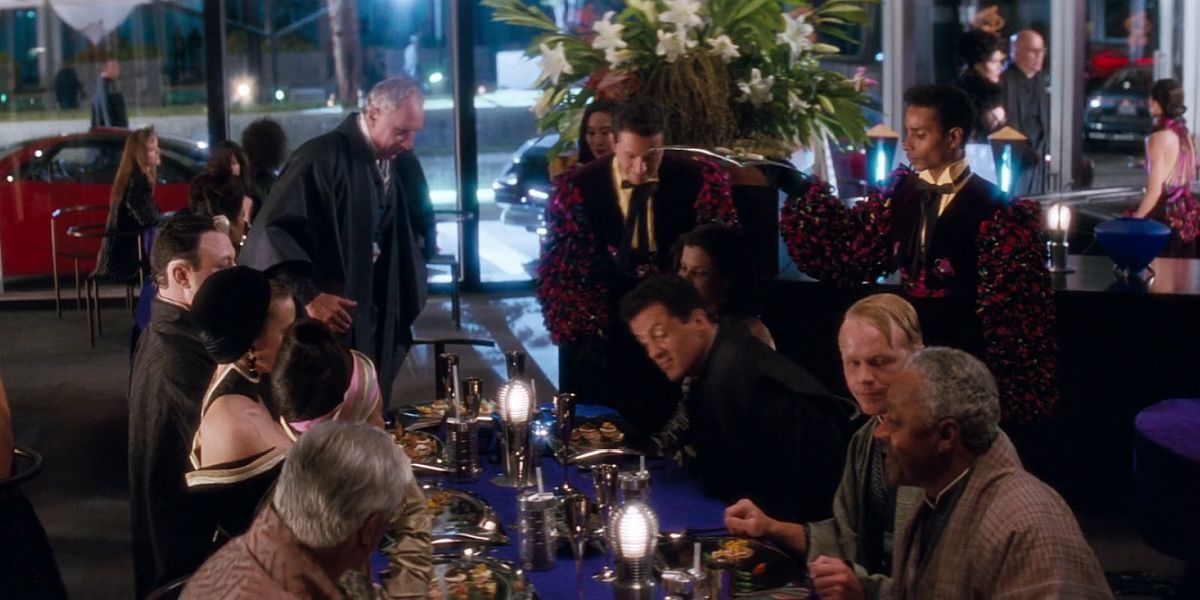
More Dine-In Theaters Or Other Additions
The other big way that theaters might be able to entice people out is by offering more amenities to make the theatrical experience even more worth it. More and more theaters are offering various sorts of "dine-in" options, full restaurant menus, and a full bar in addition to the standard movie theater snacks. This idea could even be included with the general "special occasion" idea above, making these dine-in experiences more the rule than the exception.
Current dine-in theaters are still movie theaters first, and restaurants second, but considering that food has always been where theaters get the majority of their revenue, that focus could easily shift. We could see theaters focus on the food, maybe seeing some opening with truly high-end menus, with "the show" being an added bonus to the quality meal. We could also see a major change to the way seating is laid out, into something that looks more like a restaurant, and less like a theater.
CINEMABLEND NEWSLETTER
Your Daily Blend of Entertainment News
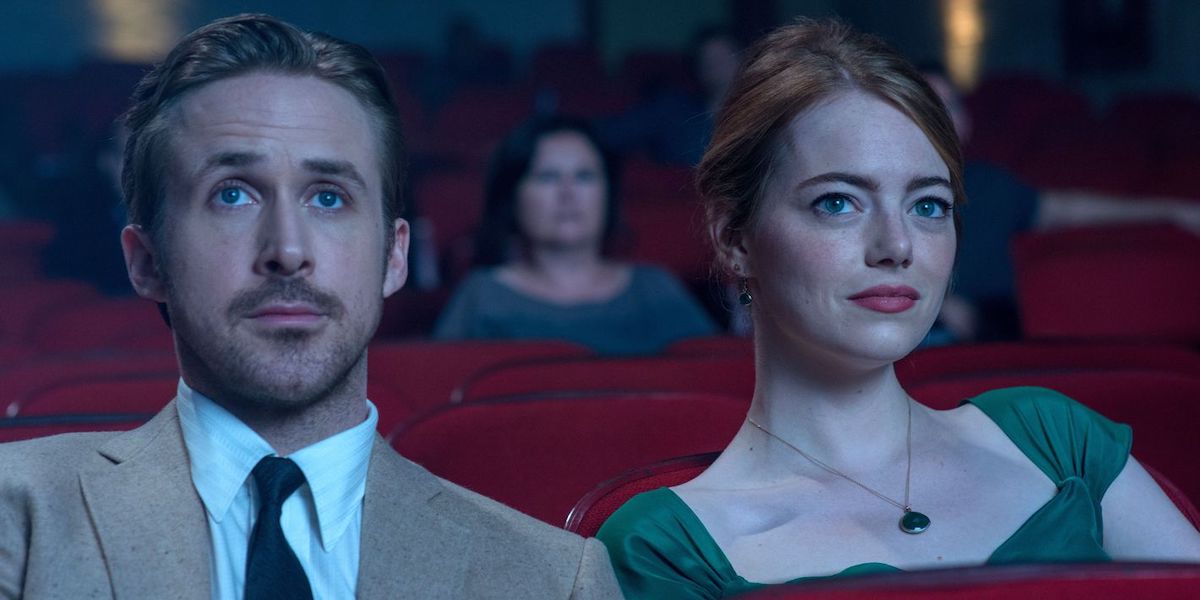
More Private Theater Rentals
One of the ways that movie theaters have kept business coming in during the pandemic without new movie releases is by offering private theater rentals. For a fairly nominal fee, you and a limited number of friends can rent out a theater and pick from a collection of newer or classic movies to watch on the big screen. As mentioned above, since concessions have always been the movie theater's primary revenue stream, the loss of significant ticket sales isn't necessarily a massive financial blow. Theater rentals could simply become one of many things a group of friends might consider doing together for fun.
And again, there's no reason that the newest movies couldn't still be available, though one assumes the rental price on them will be higher. As long as you and your friends buy enough popcorn, the theater is going to make money on the transaction. so it works just fine for them.
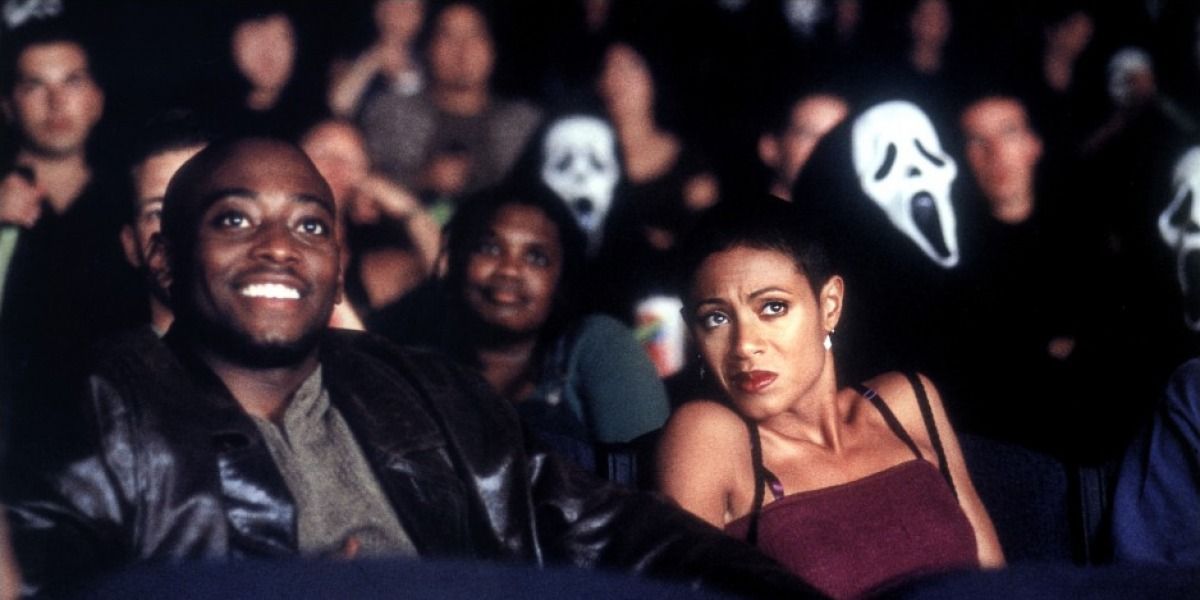
More Live Events
Another way that theaters could continue to increase their presence in areas they've already been involved in is with more live events and other special event programming. It's already been possible to see operas or ballets from all over the world, along with mixed martial arts events normally set for PPV, on the big screen. If theaters need more content on their screens they could look to live sports or other "event" type programming. Would you pay a few bucks for a seat to watch the Super Bowl in a theater on a big screen with a much better sound system then what you have at home? Or maybe watch the Oscars that way? Combined with the theater rental option, there will probably be people interested in this.
If the theaters can make deals with the organizers of the event, whatever they may be, then they could be the ones that actually pay the theater for the event, so it won't matter to the theater how many people actually attend. It doesn't have to be the most high profile events that take advantage of this.
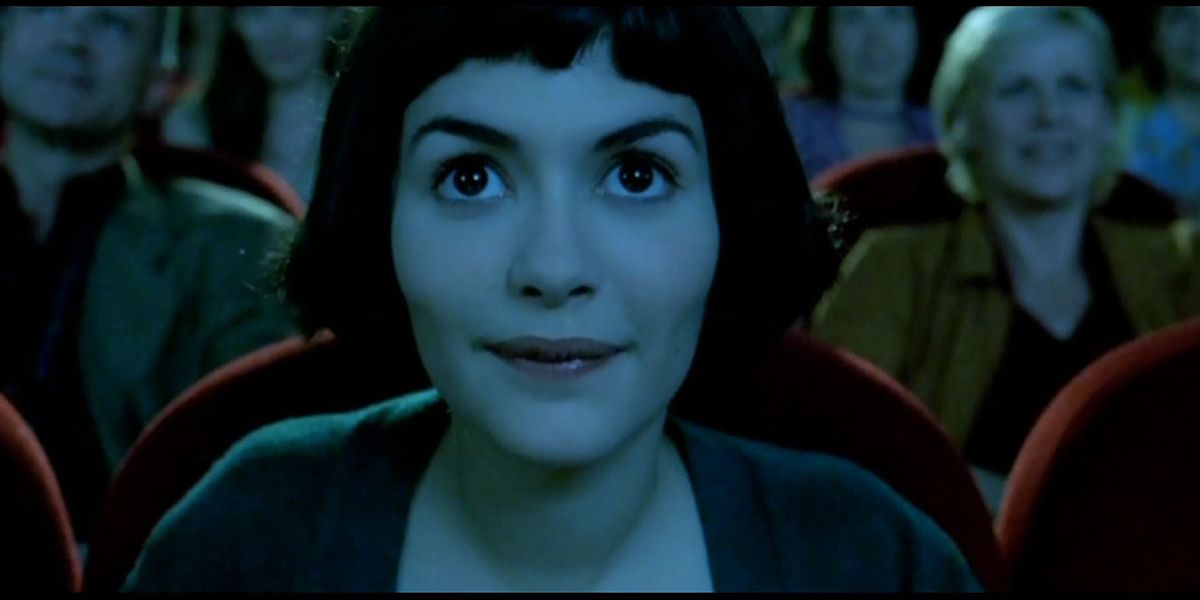
Fewer Theaters
The rest of the items on this list are all about ways that theaters may shift their focus in order to better survive if the landscape of film distribution changes in a big way. However, if this decision by Warner Bros. is the beginning of a radical shift for theaters, one significant downside is that it seems unlikely that the world will need quite as many movie screens as it currently has if that does, in fact happen. People won't be renting theaters in the volume in which they used to go to the movies. If seeing a movie in a theater becomes an "event" type experience, there won't be the same number of people having that experience on any given night. This likely means a significant number of theater closures will be needed for the various chains to survive. Many independent theaters may not survive at all.
And who knows what happens then. With hundreds of closed theaters around the country, there will be a lot of commercial real estate available. Perhaps will see some new business model that finds a way to put these large spaces to use in an entirely new way.
All of this is theoretical, of course. At this point we have no idea whether this move by Warner Bros will start dominos falling. Although I would keep my eye on Disney's Investor Day event one week from now, December 10. If we do see the Mouse come through with a similar or identical plan, that first domino might be the only one that needs to fall.

CinemaBlend’s resident theme park junkie and amateur Disney historian, Dirk began writing for CinemaBlend as a freelancer in 2015 before joining the site full-time in 2018. He has previously held positions as a Staff Writer and Games Editor, but has more recently transformed his true passion into his job as the head of the site's Theme Park section. He has previously done freelance work for various gaming and technology sites. Prior to starting his second career as a writer he worked for 12 years in sales for various companies within the consumer electronics industry. He has a degree in political science from the University of California, Davis. Is an armchair Imagineer, Epcot Stan, Future Club 33 Member.
I Love Anna Kendrick And Blake Lively Coordinating In Black Ahead Of Another Simple Favor's Premiere (But I'm More Obsessed With Paul Feig Giving A Toast)
Netflix’s Avatar: The Last Airbender Will Feature A Toph Who’s ‘Slightly More Feminine’ Than Her Cartoon Counterpart, And I Have Mixed Feelings
